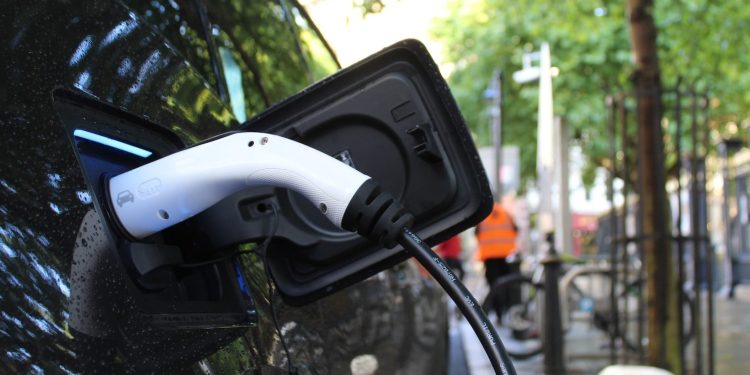Rising EV demand could cause life-saving drug shortage
Words: Harrison Wade
Rising demand for electric vehicles (EV) is threatening the supply of resources for a life-saving drug in Japan, according to a new report.
Lithium, a material found in electric car batteries, is also needed to make lithium carbonate which is used for treating bipolar disorder.
Because of a boom in EV production and the requirement for lithium for battery packs, a Japanese pharmaceutical company is no longer producing lithium carbonate, reports Nikkei Asia.
The company, Mitsubishi Tanabe Pharma, is evidently a close relation to carmaker Mitsubishi Motors.
A spokesperson from the company states that production of the life-saving drug will come to an end because of “anticipated difficulties in obtaining ingredients and rising prices due to increased demand for lithium.”
As more car manufacturers shift to fully electric model lines, demand for the resource is only set to increase. Prices for lithium peaked at the end of last year at $US69 per kg but have dropped since to around $US35 per kg.
“Buyers of some medical [ingredients] may be being outbid by industrial users,” Ichiro Fujikawa, chairman of the Japan Pharmaceutical Traders’ Association, told Nikkei Asia.
“Medicine [makers] have high production standards but they don’t buy much in quantity.”
There are no reports of a lithium carbonate tablet shortage in New Zealand, according to the list of medicine notices on the Government’s Pharmac website.





